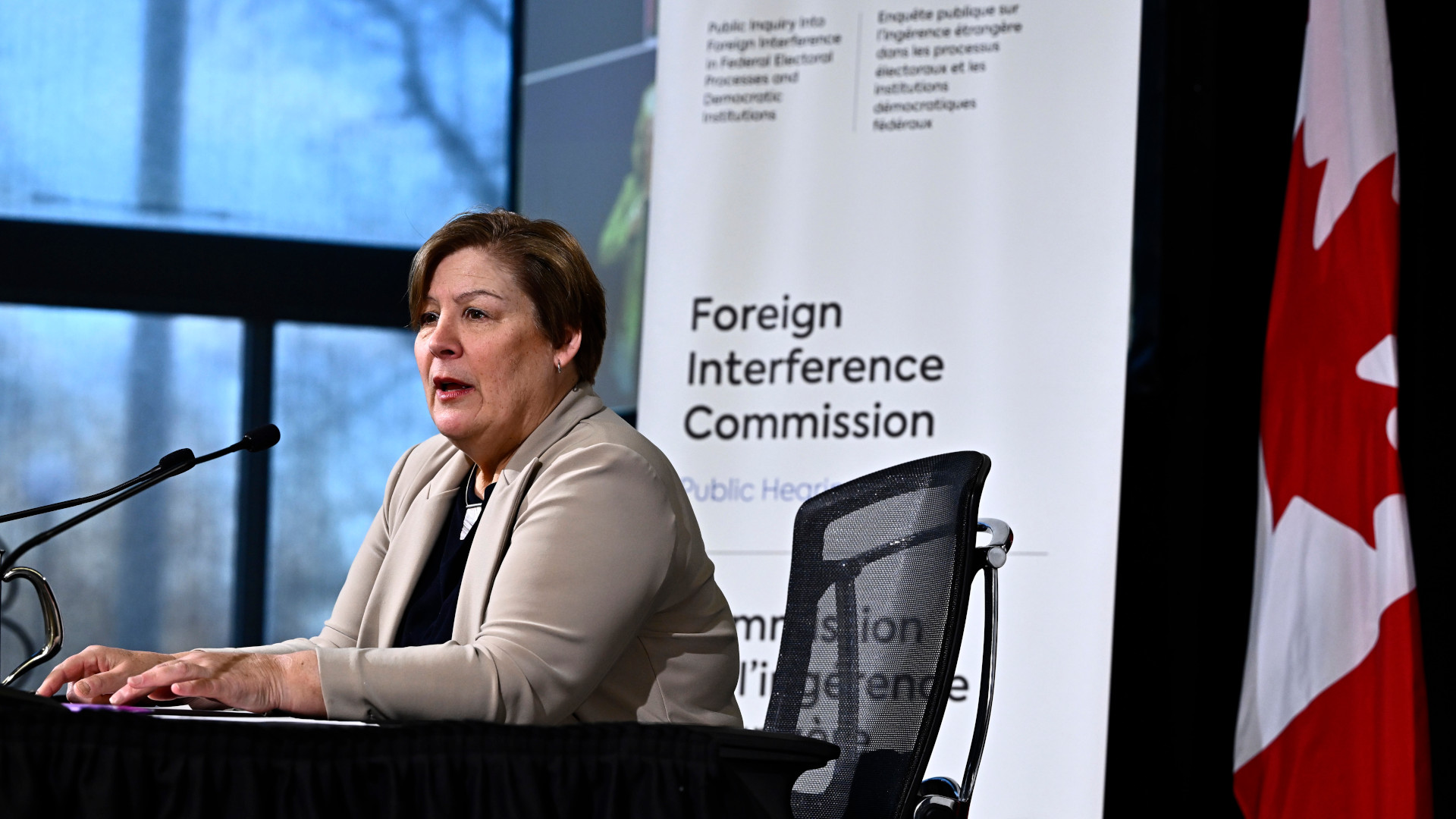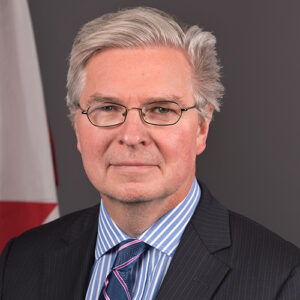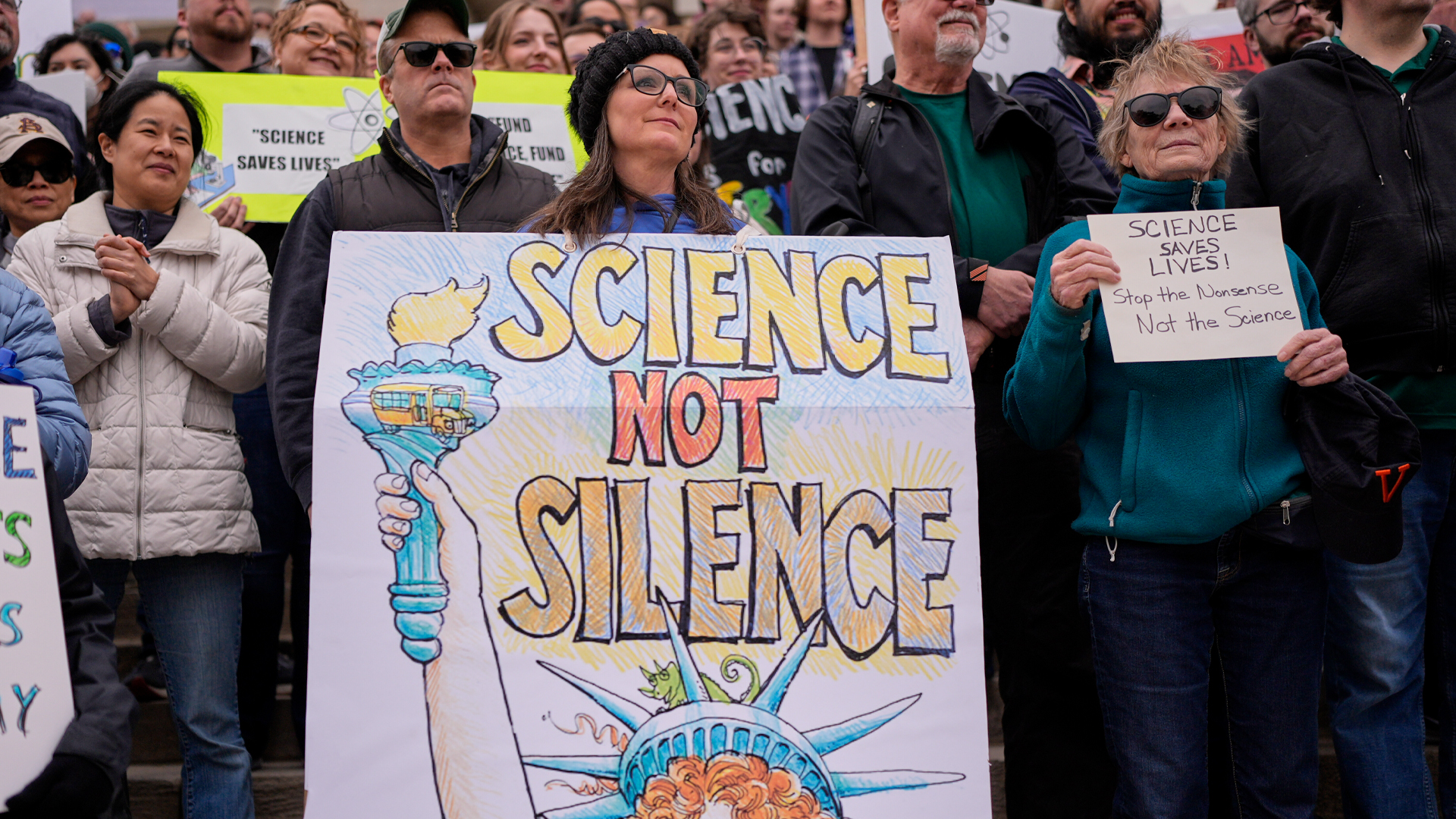
There were no bombshell revelations. No shocking “gotcha” allegations. No salacious controversies.
After nearly 18 months of painstaking work, the Public Inquiry into Foreign Interference, led by Justice Marie-Josée Hogue, published its much-anticipated final report in late January. For some Canadians, especially members of the press and opposition parties, it was a disappointment. After a week or so of muted press coverage, including a few critical editorials suggesting the commission had failed Canadians by papering over the issue, the report has disappeared from the headlines, lost in the cacophony surrounding President Donald Trump’s assault on Canadian sovereignty.
Why has the report landed with such a dull thud? First, its conclusions lack the sensationalism for which many commentators and politicians had been setting the stage for three years. Second, we had heard many of the conclusions before in the report of the independent special rapporteur, David Johnston, which was published in May 2023.
The commission’s main conclusion is that foreign interference, while undermining public confidence in Canadian democracy and affecting the electoral “ecosystem,” never fundamentally compromised the integrity of the 2019 or 2021 elections. Justice Hogue could find only a “very small number of isolated cases” of foreign interference that may have had some impact on the outcome of individual nomination contests or elections in ridings.
These cases should not be overblown, she said; there was no existential threat to the democratic process. Johnston had also stated that “there is no reason to question the validity of the 2019 or 2021 elections, which were well protected by sophisticated mechanisms and monitored by some of the most experienced non-partisan public servants in the country.”
Both reports point to the dangers of leaked intelligence. Justice Hogue refers specifically to media reports and leaked information that could easily be “misleading” or “misunderstood.” Johnston argued that “when viewed in full context with all of the relevant intelligence, several leaked materials that raised legitimate questions turn out to have been misconstrued in some media reports.” Serving and retired security and intelligence officials warned both Justice Hogue and Johnston repeatedly of the limitations of intelligence and the specific risks of using isolated and heavily caveated information to reach sweeping conclusions.
Did the government make mistakes? Absolutely. Justice Hogue argues that government transparency around foreign interference was inadequate, and cites several cases where intelligence was not properly communicated to elected officials in a timely fashion or where coordination within government was less than ideal. Johnston likewise stated that there were “significant governance shortcomings” in the way intelligence was communicated and processed. But neither report comes close to the dire portrait of bureaucratic bungling some commentators were painting.
If Justice Hogue validates many of the conclusions of the Johnston report, was her inquiry even worth the trouble? Unequivocally, yes. After reviewing the relevant intelligence, she debunks the report of the National Security and Intelligence Committee of Parliamentarians suggesting that some parliamentarians may have been traitorous. She adds weight to the earlier statement of the national security and intelligence advisor that the intelligence simply did not support such allegations. Publishing the names of the alleged “traitors” would have been dangerous and served no purpose.
Justice Hogue highlights the seriousness of emerging threats such as online misinformation and disinformation and transnational repression, referring in the latter case to the presence in Canada of Chinese “police stations” and alleged Indian government involvement in extraterritorial killings. She suggests that disinformation in particular could become the most serious foreign interference threat down the road.
And finally, Justice Hogue makes sensible recommendations to improve how government confronts foreign interference. While acknowledging the measures recently taken by Ottawa to respond to this threat, including under Bill C-70, she argues convincingly that much more needs to be done to detect, deter and counter foreign interference. Developing a foreign interference strategy, improving intelligence distribution and coordination, better informing members of parliament (including by providing security clearances to opposition leaders), strengthening open-source intelligence to deal with disinformation – the list is long and worthy of careful consideration.
Both Justice Hogue and Johnston have served the Canadian public well by putting foreign interference into its proper context. At the same time, they made clear that the threat, while not to be exaggerated, is real and serious, and could become even more so in the future. We can only hope that the government gives their conclusions and recommendations the utmost attention.









